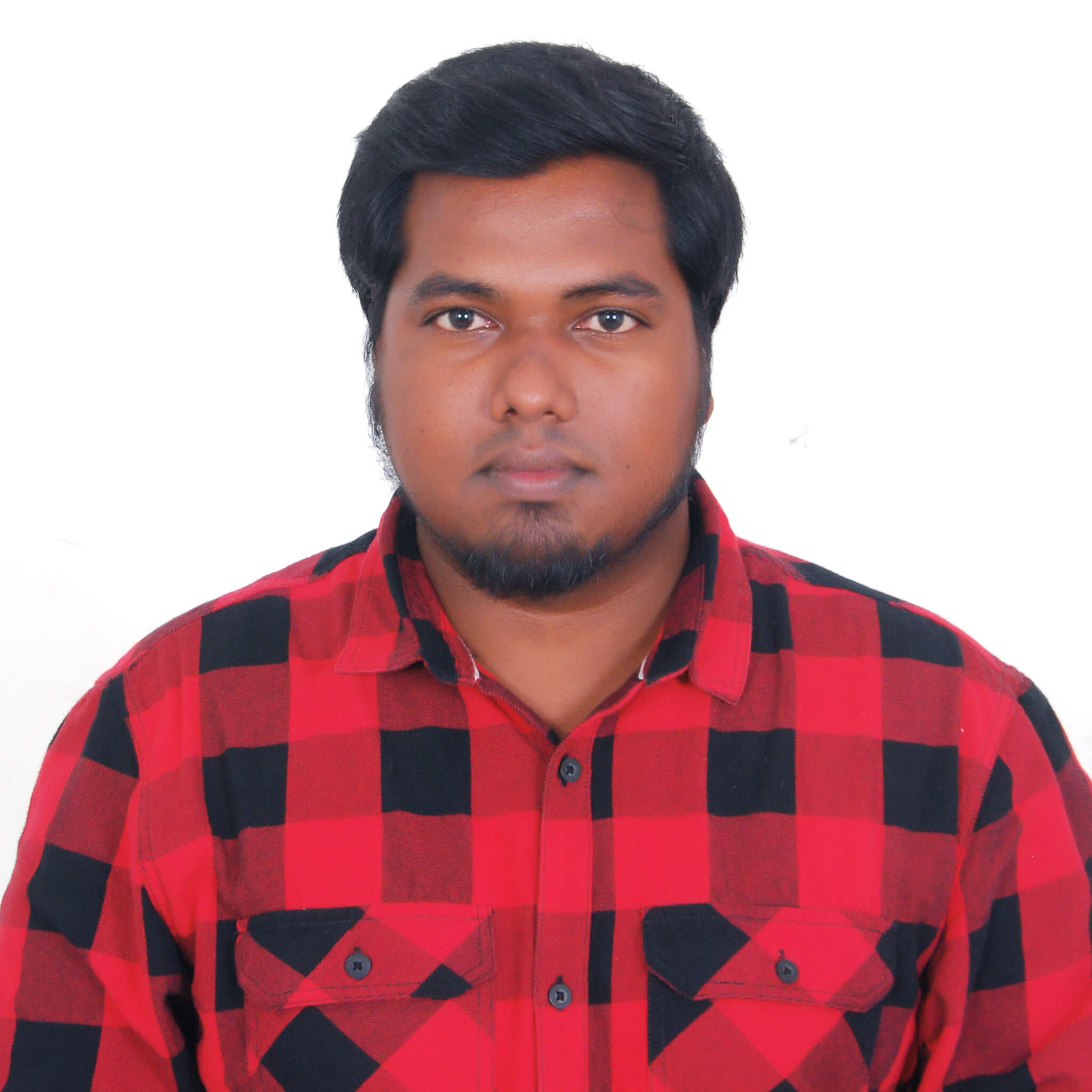Abel, Binu Bill Bright

This missionary has completed service. The Advance number will remain active until January 2026.
Binu Bill Bright Abel is an international Global Mission Fellow with the United Methodist General Board of Global Ministries, engaged in a two-year term of service.
The Global Mission Fellows program takes young adults ages 20-30 out of their home environments and places them in new contexts for mission experience and service. The program has a strong emphasis on faith and justice. Global Mission Fellows become active parts of their new local communities. They connect the church in mission across cultural and geographical boundaries. They grow in personal and social holiness and become strong young leaders working to build just communities in a peaceful world.
Binu is a member of the Church of South India – Karnataka Central Diocese, a Protestant congregation in Bengaluru, Karnataka, India. “Since my father is a missionary,” he said, “I have been supporting him in all church ministries, especially youth and children’s [outreach] in slum areas and villages.” Binu shares his musical talents through Indian classical instruments such as tabla (twin hand drums) and harmonium (also called a reed organ) and plays drums for various occasions and church services.
He earned a Bachelor of Business Management degree at the Bishop Cotton Academy of Professional Management in Bengaluru.
Witnessing his father’s ministry, Binu said, “I always had the urge to serve people for a better society. India is a diverse and beautiful country with different cultures, traditions, languages, religions, art forms and so on. But there is an evil side called the ‘caste system,’ which has been practiced for a very long period.”
In early days, the caste system identified and segregated people by the type of work they did. Today, Binu, said, it is a tool of discrimination.
“All the privileges,” he noted, “goes to the so-called ‘upper caste.’ The lower-caste people are denied access to natural resources, education and other basic necessities and face discrimination and violence.”
Binu’s experiences as a member of a Dalit community motivated him “to fight for and stand for people who are oppressed and trying to seek justice,” he said. “I use any opportunity to share and to educate youth about equality and humanity and to spread the love of God.”
Because of his skin color, Binu was rejected. “As time passed by,” he said, “I was introduced to the Student Christian Movement of India and was a member and representative.” The result was a change in attitude in lifestyle for the young man.
“It added hope to my life,” he recalled, “and with some courage, I challenged myself and participated in the college elections. While campaigning, I heard from my fellow candidate, who was from an upper caste, saying, ‘Why do you want to vote for a Black guy? He is not one among us.’” Binu was undeterred. He gained strength through participation in seminars, conferences, rallies, protests, summer camps and workshops.
“These helped me to realize all my past,” he said, “the way I was treated and the discrimination I faced my entire life, in different forms. I was able to be the voice for the voiceless.” He focuses on ecosocial justice, gender issues, human rights, interfaith relation and student concerns, as well as Dalit (untouchables) and Tribals/Adivasis (heterogeneous trible groups).
“I am excited,” Binu said, “at the prospect of sharing my experiences and skills with Global Mission Fellows to empower people with similar circumstances. My exposure will prepare me to shape and develop perspectives on how collectively to seek and uphold justice.”

